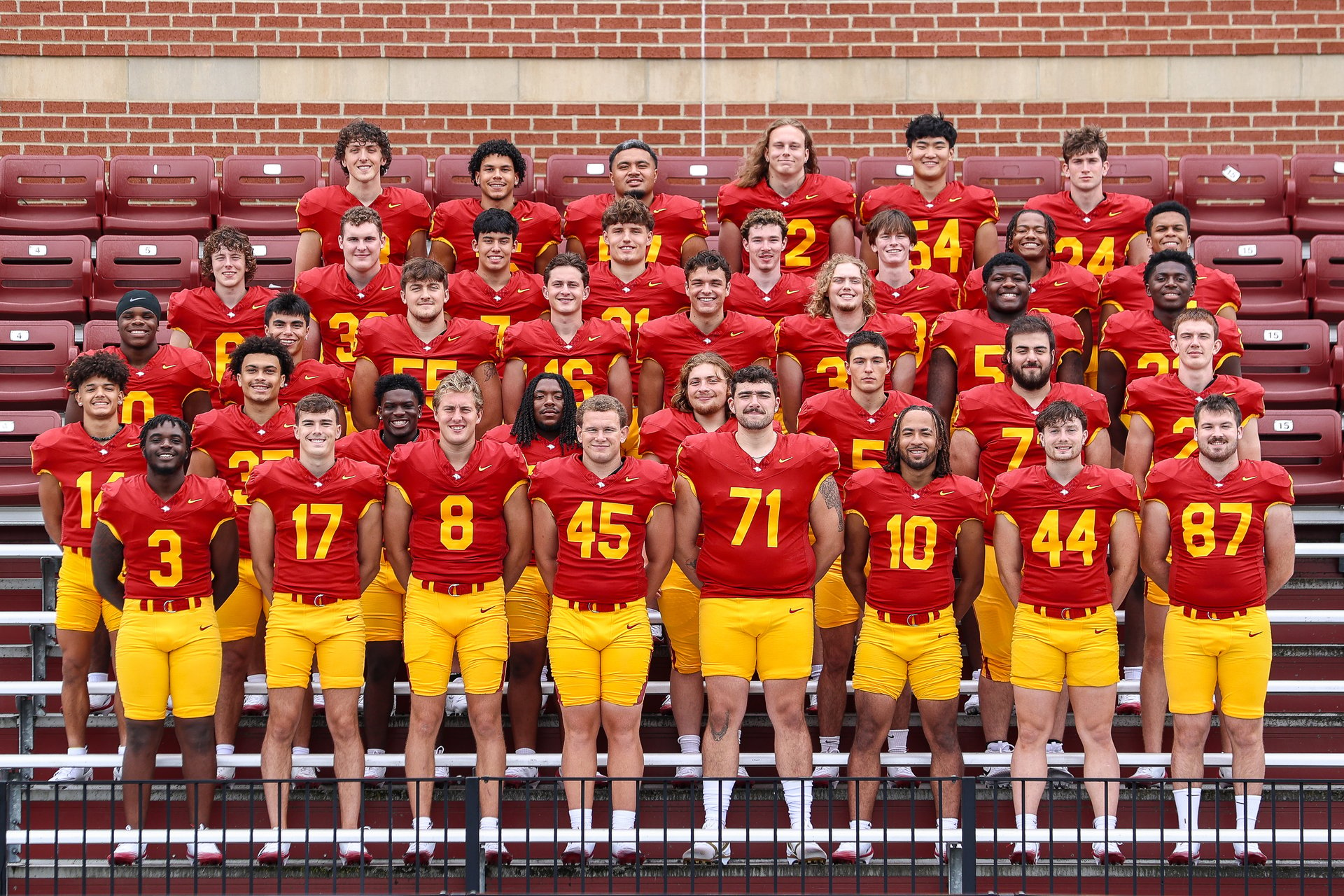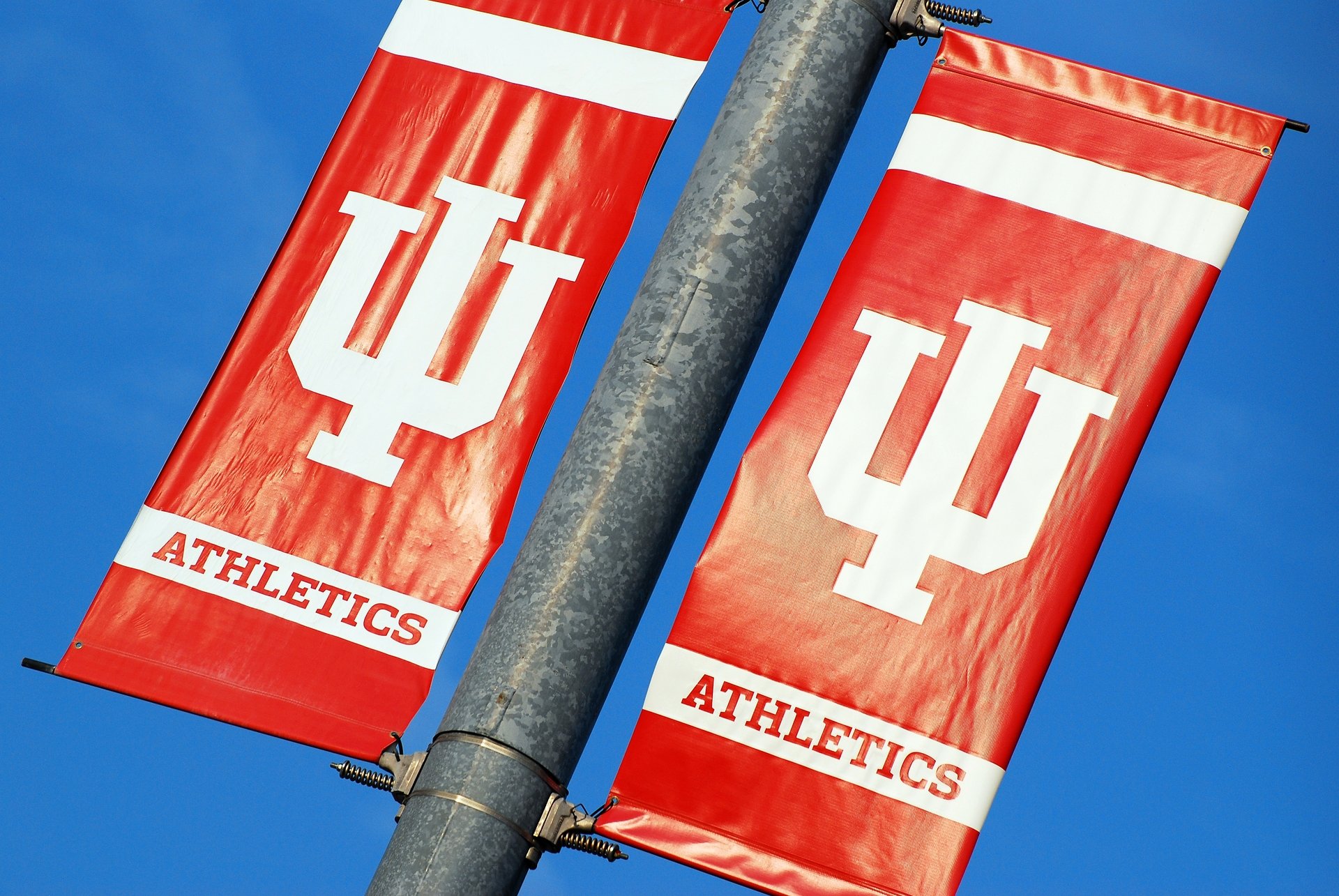Good morning, and thanks for spending part of your day with Extra Points.
Two quick housekeeping notes before we get into today’s story:
1) I will be returning to my old hometown and alma mater next week! The Ohio State University Sports and Society Initiative is hosting a discussion with Armen Keteyian, the author of "The Price: What It Takes to Win in College Football's Era of Chaos" on March 21st at 5:00 PM. This event will also include a panel conversation with Andy Schwarz (economist and regular commentator on antitrust and college athletics), Mark Pantoni (the GM for Ohio State football)…and me. This event is free, but space is limited and filling up fast, so if you’d like to swing by, RSVP today!
2) Our high score contest for Athletic Director Simulator 4000 runs until the end of the day on Wednesday, so there’s still plenty of time to get a few runs in. If you’ve been on the fence about upgrading to a premium subscription, good news! We’re also running as 25% off sale through Wednesday. Grab your coupon code here.
Hey, speaking of coupons and money, let’s talk about NIL for a second.
We’ve had athletes endorsing products since the NIL era started, and there’s rarely anything particularly novel about those partnerships. Sometimes those athletes endorse food, and every so often, it means that you end up with an athlete on the cover of a cereal box. Or Matzo box. You never know.
But it’s one thing to promote a bag of chips. It’s another thing to have your own chip.
Ken Dubinsky runs Haystack Solutions, a firm that helps athletes do exactly that. The company connects athletes with unique licensed products that are completely built around that athlete, mostly in the snack food world.
Dubinsky, a former Missouri broadcast journalism major, started his operation centered around the St. Louis market and various athletes at Missouri, before expanding to other places, like Ohio State, Syracuse, and the professional world. His company launched the Luther Burden Red Hot Riplets Honey BBQ Ranch chips, the Carnell Tate Grippos Hot Honey BBQ chips, the Kyle McCord BBQ Cheddar chips, and many more, from frozen pizzas to snack bags to ice cream.
How does this work?
Dubinsky is running a business, so if these athlete partnerships are going to be sustainable, they need to be successful commercially. Over our conversation, he pointed to three major factors that help determine if an athlete-driven food product can work.
You need the right market. The bulk of Dubinsky’s campaigns have centered around athletes at Missouri and Ohio State, although he’s also run deals with athletes at Duke, Providence and Syracuse, among others.
Those aren’t small markets, but they aren’t necessarily the ones in the largest population centers of the country or anything. They are, however, major brands in population centers large enough to support a consumer-focused product, and where college athletics and athletes have a significant importance.

But even beyond market size and college market fit, Dubinsky told me that distribution is critical.
If you’re selling cookies or chips, but the only place to get ‘em is online or at the official school bookstore, you’re not going to be very successful. If you want to move enough product, those chips have to be on the shelves of local grocery stores, and that requires partnerships with distributors. The Ohio State products, for example, are all over Giant Eagle grocery stories in Central Ohio. The Missouri cookies and chips were sold in Schnucks, a grocery chain with a significant presence in Missouri. Future product launches would need to be in places where effective distribution networks could be secured.
And finally, of course, the thing actually has to be good.
“Folks may buy the product the first time because they love the player on the packaging. But they’re only going to buy it a second time, or more, if they love the product,” Dubinsky told me. Thanks to decades of experience in product development, Dubinsky believes he has the experience and connections to make sure he’s only working with the best possible producers. It’s part of the reason his company hasn’t scaled to work with thousands of athletes in nationwide markets yet.
And I have to admit, after trying a few of the chips and snacks, they are legitimately good. The box of ‘Snackin with the Backers’, chocolate peanut butter cookies featuring Ohio State linebackers CJ Hicks, Cody Simon and Sonny Styles did not survive 24 hours in our kitchen. We also loved the Mark Mitchell Spicy Hoops, which taste kind of like Funyuns, if Funyuns actually tasted good.
Dubinsky told me that his product campaigns don’t have to be limited to just snack foods, although the economics of snacks are often a little easier than non-alcoholic beverages or other consumer packaged goods. For the right athlete in the right market with the right distributors, there could be products centered around health, grooming, hygiene, and others categories.
Nobody is getting rich off BBQ chips, or at least not yet. But that doesn’t mean these aren’t popular promotions.
The math behind these food endorsement products is similar to the math that goes into university licensing. Schools generally don’t get rich licensing their IP to make t-shirts, beer, and various sandwich condiments. But that isn’t entirely the point.
Part of NIL deals are about building personal brands, making connections with industries, and reaching new fans. What better way to do that than to make sure your face is in every grocery store within a metropolitan area? Even people who hadn’t heard of an athlete for sports related reasons may learn about them via their chips.
“It’s fun walking into a grocery store, or your family or friends walking into a grocery store, and seeing your product. But not only that, it’s the pride that I know they take when they hear people say, your chips are great.”, Dubinsky told me.
That’s part of the reason schools get into the licensing game, after all. When I crack open a Ricky at the end of a long day, I’m thinking positive things about Ohio University athletics. It doesn’t matter if the Bobcats recently won anything, appeared on TV, or if anybody in the athletic department returned any of my phone calls. I’m thinking positive things because the beer tastes good and there’s a big ol’ Ohio Bobcats logo on the box.
It’s the same principle when I open a bag of Kyle McCord BBQ chips. Hey, Kyle McCord! He was pretty great!
Dubinsky told me about an event he attended with Luther Burden. Burden was hosting a youth football camp, where Dubinsky had given him some samples of his chips. Dubinsky saw Burden give the chips away to the kids.
“And then one of them, he looks at the chips, and he looks up, and he goes holy cow, that’s YOU isn’t it?”
There may be other NIL partnerships that bring in more money. But there aren’t that many that create moments like that.
I’d be remiss if I didn’t remind everybody here about Extra Points Library, our database of college athletics related data. We now have over 400 budget documents and contracts from across D-II, for those that want to know how much ticket revenue Western Oregon earned, or how much money the Colorado School of Mines reported earning from sports camps. We also have well north of 5,500 documents from D-I institutions, including General Manager contracts, pouring rights contracts, recruiting software contracts, and much more.

Get the data you need to make your best decisions. Check out Extra Points Library today.

















